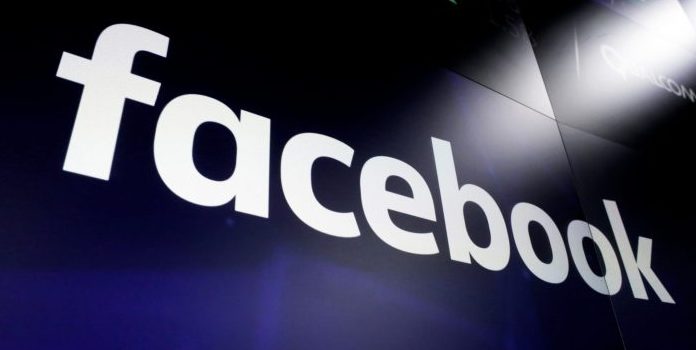Facebook plans to lift its temporary ban on political ads in Georgia ahead of the critical Senate run-off elections.
The social media giant implemented a policy leading up to Election Day that banned all political ads in an attempt to minimize “misinformation” and reduce the likelihood of post-election “civil unrest.”
The move was seen as an attempt to put President Donald Trump, who has used Facebook to great effect in reaching voters, at a competitive disadvantage.
But after hearing from the Georgia candidates and several voter advocacy groups, and knowing that Trump is no longer running, Facebook decided to suspend the policy.
“We will begin enabling advertisers who are authorized to run ads about social issues, elections or politics to run ads specifically in Georgia,” Facebook’s product manager, Sara Schiff, wrote in a blog post. “We will prioritize on-boarding advertisers with direct involvement in these elections, including the campaigns, state and local elections officials, and state and national political parties.”
Political ads will still be prohibited outside of Georgia, Schiff said.
And, Facebook plans to continue fact-checking and removing content that “delegitimizes” the Georgia run-off elections, specifically if it makes claims about voter fraud.
Google also lifted its temporary ban on elections-related advertising last week.
“To protect users, we regularly pause ads for a discrete period over unpredictable, ‘sensitive’ events when ads can be used to exploit the event or amplify misleading information,” the company said in an emailed statement. “While we no longer consider this post-election period to be a sensitive event, we will continue to rigorously enforce our ads policies, which strictly prohibit demonstrably false information that could significantly undermine trust in elections or the democratic process.”
Facebook and Google’s decision was in part driven by advertisers’ complaints.
“Millions of voters in Georgia are active on Facebook. They get news and information from Facebook, and campaigns aren’t allowed to reach those voters through paid advertising,” Eric Wilson, a Republican political technologist, told CNBC last week. “A lot of people don’t understand just how important that is.”

